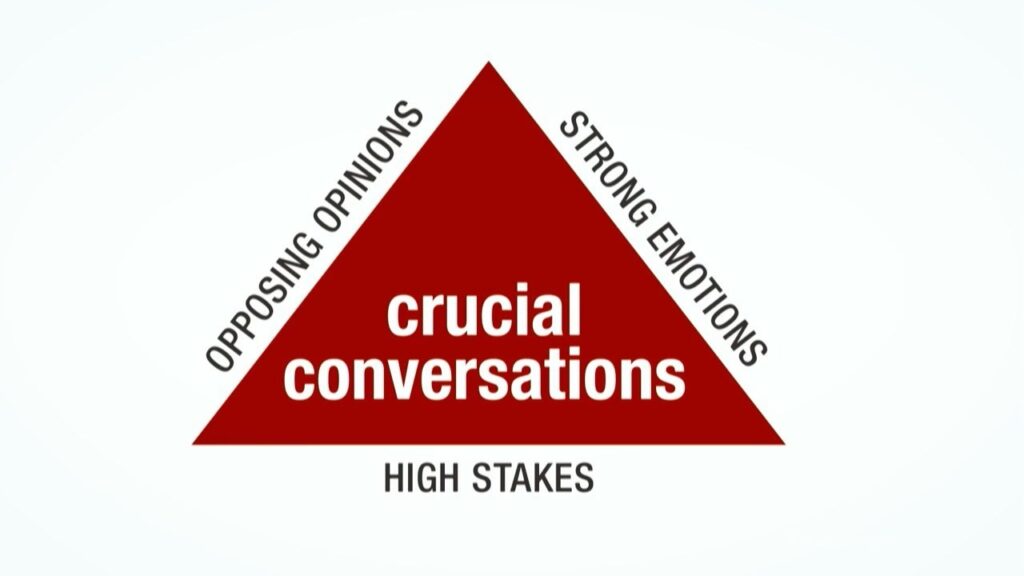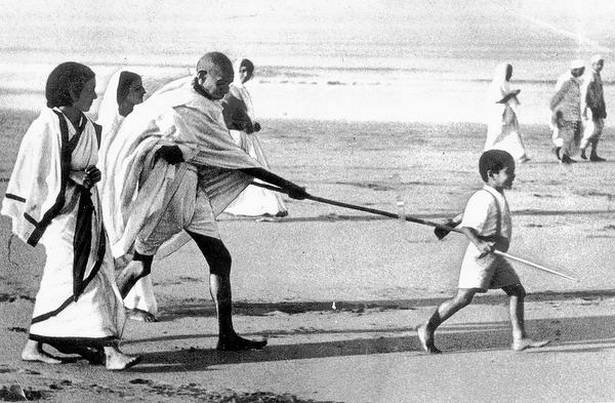I had some really interesting conversations this month!
I called a friend ( I also have a crush on her) and told her about some of the immature things she has been doing.
I messaged my mentor and told him about how some of the things he has been doing have really hurt me and made me experience guilt, confusion, and pain.
I was in an online IoT program where I had the opportunity to ask a question to the co-inventor of LoRa technology, Olivier Seller. I was really concerned about how these technologies would impact the environment – and I asked him the same!
As you might have observed, these are not particularly pleasant conversations. But they are important, at least according to me. Because if I don’t have the conversation, there is a chance of the other person not paying enough attention to what is needed. And I will have to live with the discontent that I haven’t expressed something that I really wanted to.
And there are three common aspects to the above conversations:
- They involve points that can be conflicting with the other person’s views
- It can make the conversation emotional
- If the not handled properly, the conversation can lead to unfavourable consequences (I shall tell more about how the above three conversations went in a later section of this blog)

The authors Patterson, Grenny, MacMillan and Switzler call such conversations as Crucial Conversations. In their excellent book, Crucial Conversations: Tools for Talking When Stakes Are High they say that the most important quality of an effective leader is to be able to effectively initiate/receive such conversations. I encourage you to watch the beautiful video Mastering The Art of Crucial Conversations to gain a better understanding of this topic.
Venting out yourself Vs Expressing yourself with maturity!
There’s an interesting phrase called “Fool’s choice” in the Crucial Conversations books. Fool’s Choice refers to the tendency of many people to either remain silent (not expressing what they want to express) or going to the other extreme of expressing violently/disrespectfully.
But the effective way to handle a crucial conversation is to express yourself and to do it with maturity. Here are a few points that can be very helpful to consider:
- Have the conversation with love and respect. The intention should not be to point out mistakes of someone but to genuinely and collectively move towards a solution.
- Be open to the possibility that your knowledge is limited. That your perspective can be wrong/limited. Be open-minded and willing to listen to other person’s perspective.
- Despite your best efforts, if you still have to talk or do something that can cause inconvenience to the other person, do it for them and for the betterment of the whole situation. Not for your selfish motives.
Making your life your message
Expressing yourself through words is of course necessary. But it may not always be sufficient. There’s a saying that a picture is worth a thousand words. In the same way, you living your message is worth a thousand speeches.
For example, there are many people who are distraught with their physical situation. There are also people who look down upon physically challenged ( sometimes showing sympathy, instead of encouraging the other person, can also be a way of putting them down). But a person like Malvika Iyer living her life exuberantly can bring light to the whole situation.

Don’t just talk. Be an example of what you would like to convey to the world.
Creating movements!
Well as we have seen, expressing yourself in conversations in a mature way is a very important step. You living your message takes it to a next level. And then there is a further higher way of doing things – which changes the very course of what happens in the world in a significant way. This is the level of creating movements.
A glorious example of this is the Nonviolence Movement led by Mahatma Gandhi. In a century where the world has seen two disastrous World Wars, this man in a loincloth comes and changes the whole game. He led the people not by filling them with hatred towards the British but by helping them realize their responsibility and potential to go towards a brighter future. As Martin Luther King Jr. puts it, Gandhi has become “a guiding light”, not just for the Indian freedom movement but for many movements in the world such as Civil Rights Movement.

Another beautiful movement that happened recently is the Rally For Rivers initiated by Sadhguru (and the follow-up Cauvery Calling is happening presently). At a time when most people forgot the importance of our life-nurturing rivers, here comes a man who brings a significant shift towards saving our rivers. Not by blaming governments, officials, or the people, but by mobilizing people into action, filled with care, joy and responsibility!

Keep learning from your mistakes!
I mentioned about three situations in the beginning right – let me tell you briefly about how they went!
My friend told me that she was not aware of that behavior and thanked me for letting her know. She further told me to feel free in the future also to give her any feedback.
The chat with my mentor has been one of the most important conversations in my life. And at the end of that conversation, he actually gave me a compliment that I have gained higher maturity levels.
Olivier Seller took my question quite well and shared his views about the point – such as how IoT actually helps reduce the carbon footprint on the planet.
Really glad that I could have these conversations in an effective way. But I wasn’t always this way. There have been times when I remained silent though I really wanted to tell something. And there were times when I expressed things in a very immature way.
My life really changed when I have chosen to express myself congruently. Of course, it took time and practice to get better at this stuff – and am still improving myself.
And I encourage you to do the same. Try things out. Make mistakes. Learn from them. And repeat!
All the very best!
